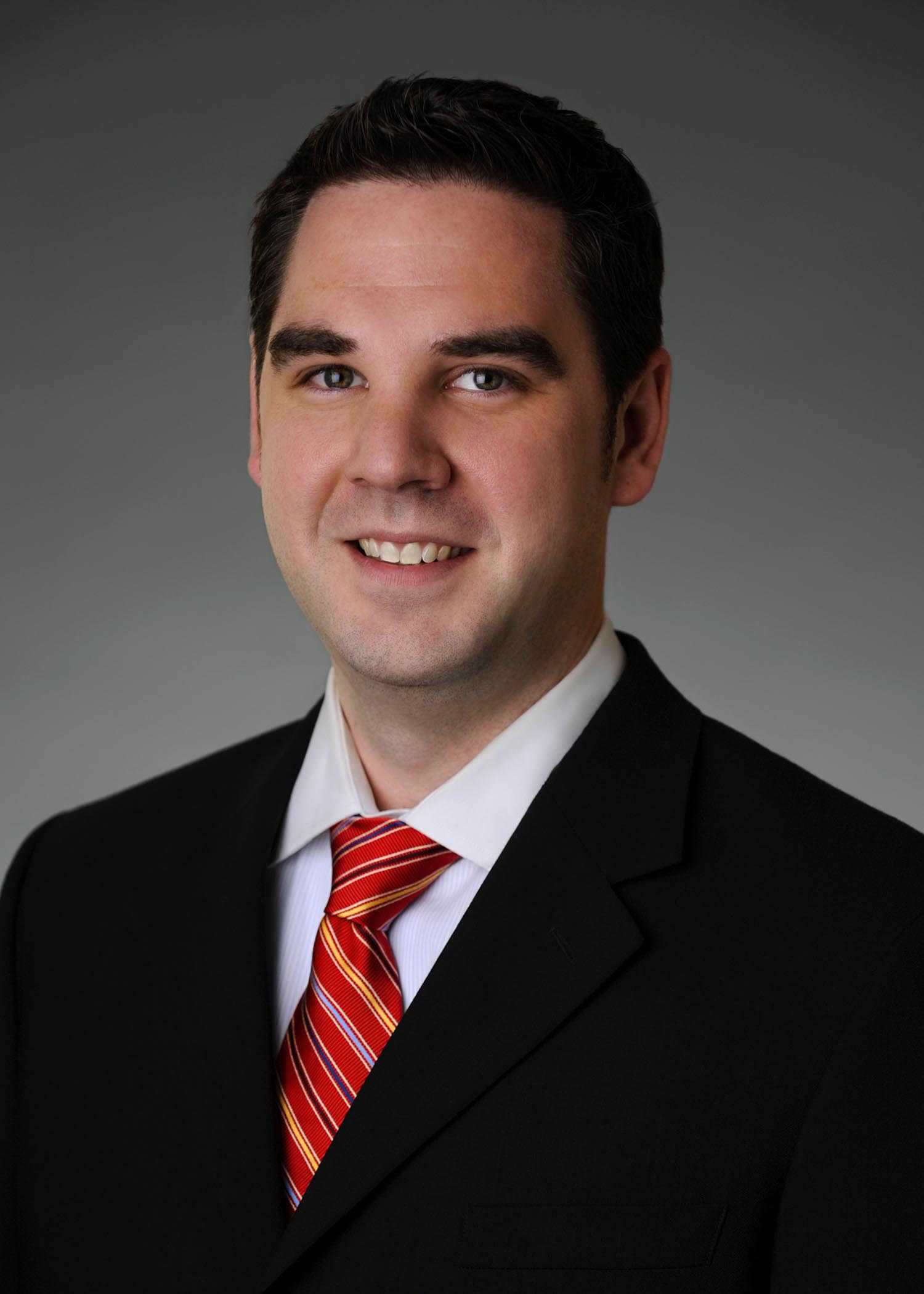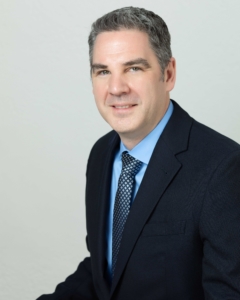A Q&A With Andy Rakeman, VP of Research
Topic: The Researchers

By Vanessa Steil – April 3, 2020

We are pleased to announce the addition of Andrew Rakeman, Ph.D., our new Vice President of Research. Andy comes to the Foundation after spending 13 years at the Juvenile Diabetes Research Foundation (JDRF), where he was the Assistant Vice President of Research overseeing research programs and international partnerships for the organization. He holds a B.A. in Biology from Boston University and a Ph.D. in Cell Biology and Genetics from Cornell University.
We sat down with Andy (virtually, of course) to discuss his research interests and what he hopes to accomplish in his new role at the Lustgarten Foundation.
What enticed you to get into science and earn a Ph.D.?
Andy: Curiosity. Ever since I was a kid, I was intrigued by the mysteries of science and the ability to use research to solve them. I had my first experiences working in a lab during high school and continued working in labs during college, because I found research to be both exciting and fulfilling. For graduate school I came back to New York to attend Cornell Medical College. I knew I wanted to work in a lab that was taking on big challenges in a creative way and was very fortunate to do the research for my thesis with Dr. Kathryn Anderson, a developmental biologist and geneticist at Sloan Kettering who was running a novel genetic screen to identify the genes necessary for embryonic development in mice. After I finished my Ph.D., I was looking for ways to use my scientific knowledge and experience to make an impact on patients and joined the research team at the Juvenile Diabetes Research Foundation (JDRF), the global leader for type 1 diabetes research.
What do you hope to accomplish at the Lustgarten Foundation?
Andy: It’s a privilege to work for an organization that has had such an impact on and directed so much money to pancreatic cancer research over the years – you can see this in the great strides that have been made to improve patient outcomes. As the VP of Research, my goal is to continue to bring new and transformative research to light to help patients and families impacted by pancreatic cancer, and to make sure that discoveries can move to the clinic as quickly as possible.
The Lustgarten Foundation has been instrumental in changing the landscape of this disease by funding research that can directly benefit patients and by fostering a deeper understanding of the need for earlier detection of pancreatic cancer.
It is a critical time to move the research we are funding into clinical practice where it can greatly improve patient outcomes. Advancing new technologies to detect pancreatic cancer at an earlier stage and driving new therapies forward and into practice are all things I hope to accomplish in this role.
How do you see the Foundation’s research progressing and what areas are most important to focus on?
Andy: The Foundation’s direction and priorities have been on track in terms of focusing on earlier detection, new therapies and more personalized medicine. To move the needle for this disease, I believe it’s important to have all of these areas working together. This means finding people who are at risk for pancreatic cancer or who have it at an earlier stage, and also having the right screening techniques and therapies ready for those people. I believe coordination and collaboration between researchers and hospitals will be an important area of focus.
You started this new job at an interesting time—because of COVID-19, the office is closed and we’re all working from home. How’s it going so far?
Andy: Well, it’s certainly been an experience I won’t soon forget! I’m excited to be a part of the Lustgarten team and get to meet everyone face-to-face at some point. In the meantime, I’ve been virtually introducing myself to researchers and others in the scientific community and have been getting to know the staff through video meetings and email. While starting a new position during a pandemic is certainly far from ideal, everyone at the Foundation has been supportive, which has made the transition easier. I feel like I’m in a very fortunate place at the moment to be able to dive into exciting work without the long commute! I’m also thinking of all of the medical workers who are on the front lines and the patients who need to continue treatment during this tenuous time.
